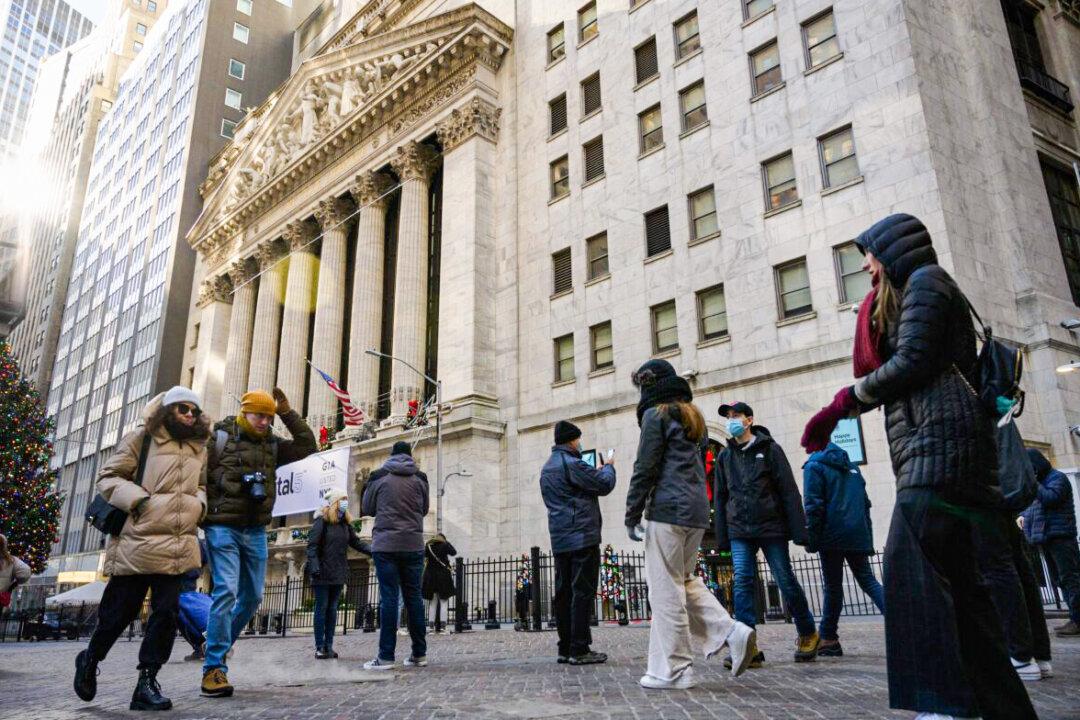Commentary
In a recent conference call, Tesla founder Elon Musk warned that some plans to roll out new models will be delayed because of supply chain issues. As I wrote in this publication recently (See “Making Bricks Without Straw: Biden’s Raw New Deal for America”), this issue is contributing to the new energy crisis that will only be growing more acute in the coming months and years.





